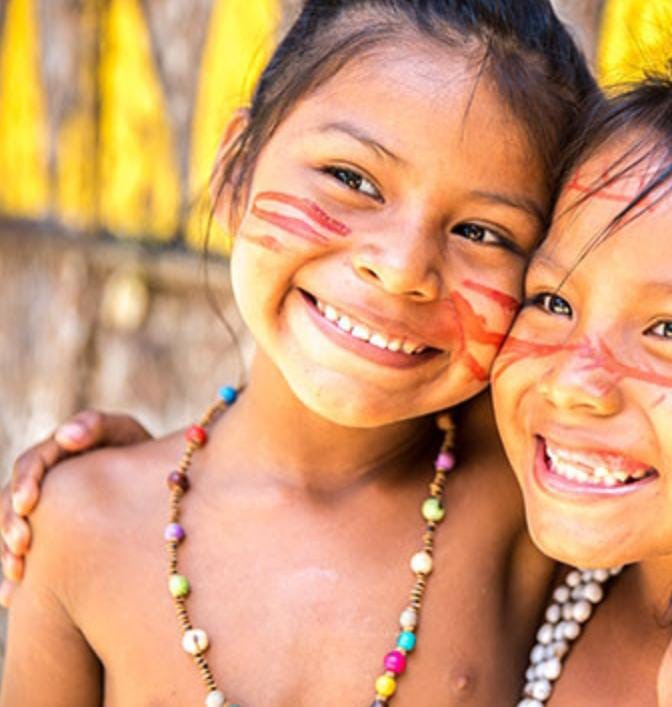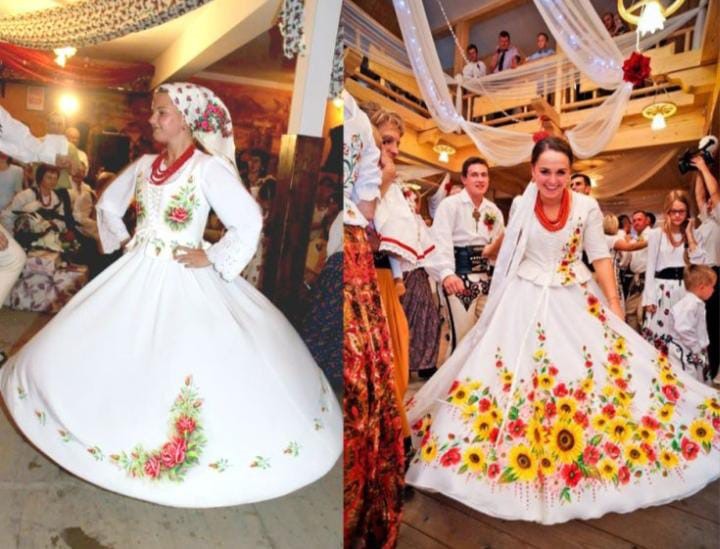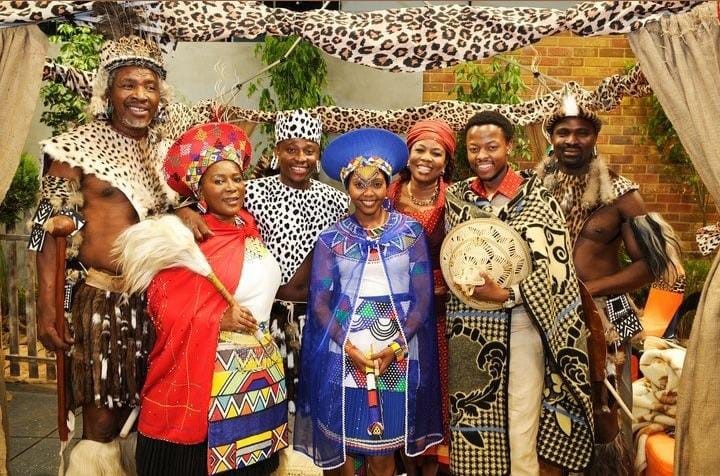Understanding South American Marriages
Marriage is a fundamental institution in South American societies. It is crucial in shaping cultural diversity across the continent. It is a binding force that unites individuals and encompasses broader social and cultural aspects. Exploring their societal role is essential to comprehend South American marriages’ significance fully.
The Role of Marriage in South American Societies
Marriage is a cornerstone for family formation, stability, and continuing cultural traditions in South American cultures. It establishes a legal and social framework for romantic relationships, ensuring the protection of the interests and rights of both partners involved. Beyond the individual level, marriage also contributes to preserving and transmitting societal norms, values, and customs.
Marriage in South American societies is not solely about the union of two individuals; it extends far beyond that. It is a celebration of love, commitment, and the merging of families. When two people decide to marry, they make a personal commitment and enter into a partnership that has implications for their families and communities.
Furthermore, marriage in South America is often seen as a rite of passage, marking the transition from youth to adulthood. It is a significant milestone in an individual’s life, symbolizing maturity, responsibility, and the ability to contribute to society. This societal recognition of marriage adds to its importance and the value placed on this institution.
Unique Marriage Traditions Across South American Countries
South America boasts a rich tapestry of diverse cultures with distinct marriage traditions. From Brazil to Argentina, Peru to Chile, and beyond, each country exhibits unique practices that reflect their historical, religious, and cultural backgrounds. For instance, the Brazilian “casamento no saleiro” tradition involves couples exchanging vows at sea, symbolizing their commitment amidst the vastness of life’s challenges.

In addition to the “casamento no saleiro” tradition, Brazil has the “casamento caipira” tradition, a rural-style wedding showcasing the country’s agricultural heritage. This tradition often includes folk dances, traditional costumes, and a festive atmosphere that brings together the entire community to celebrate the union of two individuals.

Similarly, in Peru, the “ayni” marriage tradition brings together two families and their respective communities to collaborate on various activities, fostering unity and social cohesion. This tradition highlights the importance of community involvement and collective responsibility in sustaining a successful marriage.
Across South America, countless other unique marriage traditions vary from region to region and even within different ethnic groups. While impressive to individual countries, these traditions collectively contribute to South America’s cultural mosaic.
The Intersection of Marriage and Culture
Marriage in South America reflects cultural values and is a driving force behind preserving and perpetuating these values within societies. It serves as a vessel through which cultural norms, such as gender roles, religious beliefs, and social hierarchies, are transmitted from one generation to the next.
How Marriages Reflect Cultural Values
South American marriages vividly showcase the cultural values held dear by communities across the continent. For example, in many indigenous cultures, marriage ceremonies emphasize the importance of harmony with nature and the sacred bond between humans and their environment. These marriages often incorporate traditional rituals and symbols that reflect a profound respect for the natural world.
One such example is the marriage customs of the Quechua people in the Andean region. Their ceremonies often occur in breathtaking natural landscapes, such as the snow-capped peaks of the Andes or the lush green valleys. The couple, surrounded by their families and community members, exchange vows while paying homage to the mountains, rivers, and other elements of nature that hold profound spiritual significance. This connection to the natural world reinforces the cultural value of environmental stewardship and instills a reverence for the ancestral lands.
Additionally, cultural values related to family, community, and collective responsibility are prominent in South American marriages. The strong emphasis on extended family networks and community support is evident in various marriage customs, reinforcing the importance of these values in the overall fabric of South American societies.
For instance, in Brazil, the concept of “compadrio” plays a significant role in marriage traditions. Compadrio refers to the relationship between the parents of the couple and their chosen godparents, known as “padrinhos.” These padrinhos are considered integral to the couple’s life, providing guidance, support, and acting as role models. The bond between the padrinhos and the couple extends beyond the wedding day, as they continue to play a vital role in the couple’s life, offering advice and assistance whenever needed. This practice strengthens familial and communal ties and reinforces the cultural value of intergenerational support and mentorship.
The Influence of Indigenous Cultures on Marriage Practices
Indigenous cultures have a significant influence on marriage practices in South American societies. These traditional communities maintain their unique marriage customs, deeply rooted in spirituality and ancestral beliefs. These practices contribute to South America’s cultural diversity and provide insights into alternative relationship dynamics and social structures.
From the sacred rituals of the Mapuche people in Chile to the Ayahuasca-infused marriage ceremonies of the Shipibo-Conibo tribes in Peru, each indigenous culture adds its vibrant thread to the rich tapestry of South American marriages. These influences enrich the cultural landscape and remind us of the importance of diversity in shaping human experiences.
For example, among the Mapuche people, marriage is seen as a sacred union between two individuals and their families and the spirits of their ancestors. The ceremony involves traditional dances, music, and offerings to the spirits, symbolizing the community’s blessing and support for the couple’s journey together. This profound spiritual connection reinforces the cultural value of honoring one’s heritage and highlights the interconnectedness between the living and the spiritual realms.
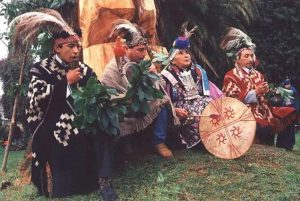
Similarly, the Shipibo-Conibo tribes in Peru have unique marriage customs that incorporate Ayahuasca, a powerful plant medicine known for its hallucinogenic properties. The couple, accompanied by a shaman, partakes in Ayahuasca ceremonies to gain spiritual insights and guidance for their union. This practice reflects the cultural value of seeking spiritual wisdom and emphasizes the importance of inner growth and self-discovery within a marriage.
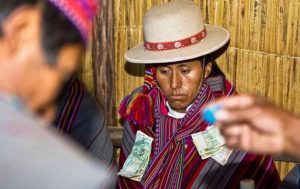
The Contribution to Global Cultural Diversity
South American marriages are significant within the continent and impact cultural diversity globally. With the increasing interconnectedness of societies and the ongoing diaspora of South American populations worldwide, the region’s unique marital practices can shape and diversify cultural landscapes beyond their borders.
South American Marriages in a Global Context
As South Americans migrate to various parts of the world, they bring their distinctive marital traditions and cultural values. These marriages become bridges between different cultures, fostering intercultural understanding and exchange. Through intermarriages and cultural assimilation, South American marital practices continue to influence and diversify global society.
The Impact of South American Marital Traditions on Cultural Diversity
South American marriages contribute to cultural diversity by challenging norms and expanding the understanding of what constitutes a meaningful and fulfilling union. Accepting and incorporating diverse marital practices and perspectives enable a more inclusive understanding of relationships and human connections.
Furthermore, celebrating and preserving unique marriage traditions help counteract the homogenizing forces of globalization, preserving the cultural heritage and identity of South American communities in a rapidly changing world.
Challenges and Changes in South American Marriages
While South American marriages uphold unique traditions and cultural diversity, they are not exempt from the influence of modernity and social changes. Several factors have led to the evolution and adaptation of marital practices across the continent.
Modern Influences on Traditional Marital Practices
Globally, increased urbanization, industrialization, and the prevalence of digital technologies have impacted South American marital practices. Traditional arranged marriages have gradually given way to more individualistic and egalitarian unions, where personal choice and compatibility play a significant role. These changes reflect the broader global trend towards individualism and the democratization of marriage.
Economic factors, such as migration, changing gender roles, and access to education, have also reshaped the traditional dynamics within South American marriages. These transformations challenge long-held traditions and contribute to the ongoing evolution of marital practices.
The Future of South American Marriages and Cultural Diversity
As South American societies continue to navigate the complexities of globalization, ensuring the preservation and appreciation of cultural diversity within marriages is crucial. By embracing the value of cultural pluralism and promoting intercultural dialogue, South American marital practices can thrive while maintaining their unique identity.
Conclusion
The future of South American marriages lies in the delicate balance between honoring tradition and embracing change. By celebrating the rich tapestry of cultural diversity within the continent, these marriages play a vital role in fostering mutual understanding, enriching global cultural landscapes, and ensuring a more inclusive and harmonious world for future generations.


